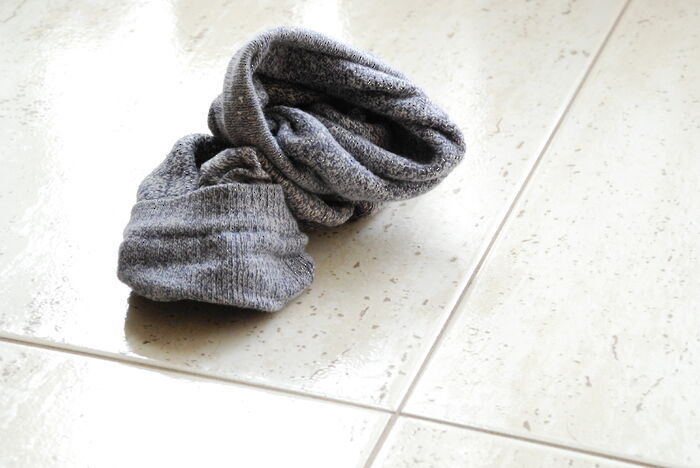Death is taboo. Griefsters, don’t be afraid to seek kindness out
‘It doesn’t help that people are amazing at saying the wrong thing.’ In her first column, Ana Ovey reflects on how the recent death of her father has affected her experience of university
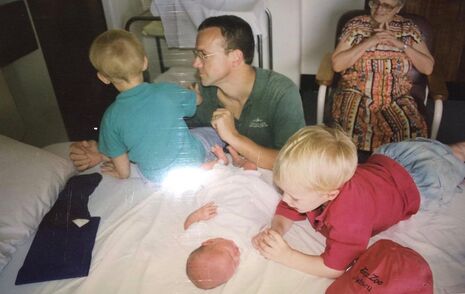
Nobody misses the ordeal of making conversation with new people in those strange and fortunately distant first days of university. Stilted and inorganic questions like ‘So, where are you from? What subject are you doing? What college are you at?’ rolled off the tongue with what became a distressingly practiced ease for all of us.
But for me, small-talk felt a little more like a minefield than a way of forming friendships. Eventually, when everything else conversational had run dry, the topic of parents managed to crop up a surprising amount – and treading the line between brevity, so as not to share too much, and coldness, so as not to make an accidental enemy on the first day, is nigh impossible.
There are things which, for better or worse, we can’t bring up in conversation with people we’ve just befriended. The ‘better’ of this is that I don’t find myself crying embarrassingly while explaining to someone why only my mum and her friend dropped me and my belongings off on the first day, instead of both my parents. The ‘worse’ of death being so unspeakable is that, on days when I wake up and want to sob incessantly or kick a wall or shout that life is ugly and cruel – death even worse – I can’t articulate it to anyone, for fear of overstepping. How do you bring it up? Knocking at a friend’s door with a ‘Hey, my dad died this year and I feel really sad about it… Can I get a hug?’ seems a little too forward, but not saying anything at all is brutally isolating.
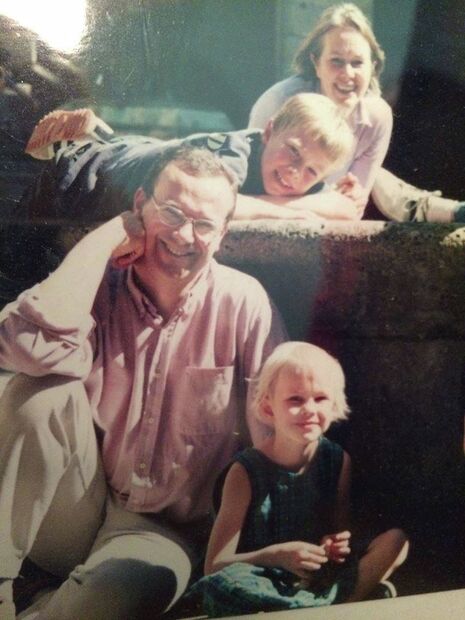
It doesn’t help that people are amazing at saying the wrong thing. It’s not intentional: death is a heavy and hugely uncomfortable subject, and we’re an awkward species. But it’s a necessary thing to speak about, especially for those grieving. Death changes everything. Loss becomes one of the lenses through which we who grieve come to see the world. When something good happens, when I hear a song I like, when I find a new poet I love, I can’t help but think of how I am unable to tell my dad about it and share my joy with him. And suddenly, my happiness is muted.
“Another person reaching out with no motive but friendship is a kindness not easily articulated”
If you’re attempting to wade through life at Cambridge, which is chaotic enough, and also struggling with all these sticky feelings, find a friend who understands. One of my best friends organised to meet me in London after my dad’s arrhythmia. When she saw me she ran across the traffic-heavy street and, hugging me fiercely, burst into tears. The whole thing was so kind and sincere and seemingly melodramatic – though it came from the best of places – I found myself laughing. Crying in front of her about my dad doesn’t feel nearly so difficult now as it does with others. Another friend, sat on the tube with me, looked at me earnestly and admitted, “Things will never be the same” – which shouldn’t have been comforting. But the knowledge that she got it, and didn’t want to dismiss any pain I felt, was relieving.
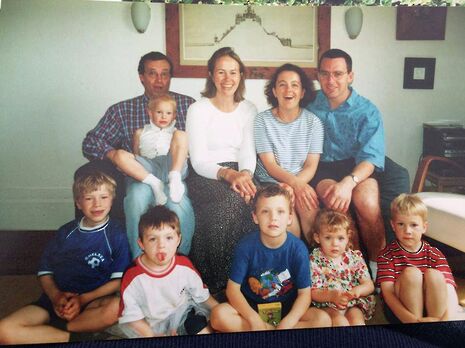
Another friend of mine had lost her dad a few months earlier, and sent me literal paragraphs of wisdom and kindness I’m still so thankful for: that it’s normal to have nightmares about it, that it’s okay to feel happy, important to look after yourself, that people will say the wrong thing and it’ll suck. And, vitally, “don’t float off into your head too far”, “tie yourself down with friends and family” – which seems especially essential advice for bereaved, overworked young adults at Cambridge.
The last friend I’ll talk about I only met within the context of university. Our dads had known each other; he recognised me immediately and opened with a “Hi, you don’t know me but I think our dads were friends”. Thinking this would be yet another painful conversation I’d rather not have, I began to shut myself off, laughing nervously – but he followed it up with a “My dad died too. I know exactly what you’re going through. It’s rubbish”. It was so gently heartfelt, and I was touched – and also felt, immediately, less isolated. Another person reaching out with no motive but friendship is a kindness not easily articulated. Then again, grief is not easily articulated.
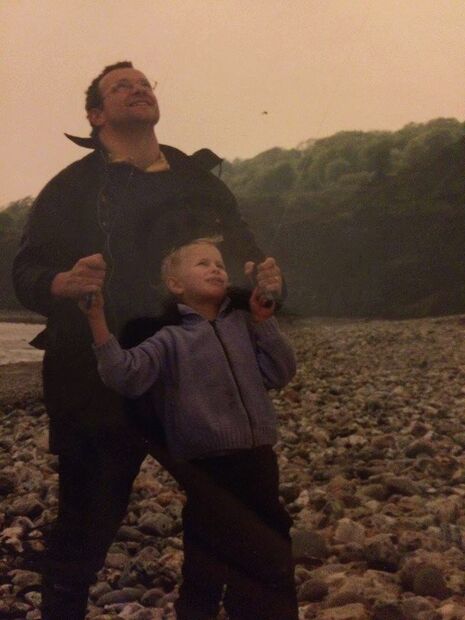
But it’s human, and so is saying the wrong thing, and so is friendship – which is strengthened by the giving of support. People, in loss, are strengthened by kindness. Griefsters: don’t be afraid to seek it out. Death is taboo – but with communication, with empathy, with love, one day it might not be
 News / SU reluctantly registers controversial women’s soc18 December 2025
News / SU reluctantly registers controversial women’s soc18 December 2025 Features / Should I stay or should I go? Cambridge students and alumni reflect on how their memories stay with them15 December 2025
Features / Should I stay or should I go? Cambridge students and alumni reflect on how their memories stay with them15 December 2025 News / Dons warn PM about Vet School closure16 December 2025
News / Dons warn PM about Vet School closure16 December 2025 News / Cambridge study finds students learn better with notes than AI13 December 2025
News / Cambridge study finds students learn better with notes than AI13 December 2025 News / Uni registers controversial new women’s society28 November 2025
News / Uni registers controversial new women’s society28 November 2025

